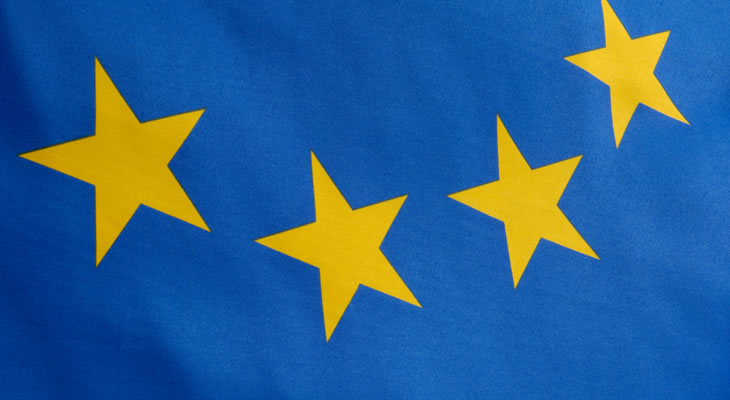Global Growth Anxiety Leaves Pound Euro (GBP/EUR) Exchange Rate Lacking in Momentum
As worries over the outlook of the global economy picked up at the start of the week the Pound Sterling to Euro (GBP/EUR) exchange rate remained on a relatively flat footing.
With the spread of Covid-19 looking set to weigh heavily on global growth in the first quarter markets were inclined to adopt a less optimistic outlook.
Although the UK economy outperformed the Eurozone’s major economies in the fourth quarter, with Germany only achieving stagnation, this was not enough to prevent the GBP/EUR exchange rate softening.
As the French government continued to warn that the UK faces a tough round of trade negotiations in the months ahead a sense of Brexit-based anxiety weighed on Pound Sterling (GBP) once again.
GBP/EUR Exchange Rate Vulnerable to Slowdown in UK Wage Growth
The mood towards the Pound could sour sharply on Tuesday as forecasts point towards a slowdown in the latest UK wage growth figures.
As investors expect to see December’s average earnings including bonuses growth slow from 3.2% to 3.0% GBP exchange rates look vulnerable to further selling pressure.
A lower level of wage growth would not bode well for the outlook of the wider UK economy, given that higher levels of consumer spending have helped to shore up growth in previous quarters.
Evidence that consumer confidence could deteriorate may encourage investors to sell out of the Pound.
The fourth quarter labour productivity reading may also put pressure on the GBP/EUR exchange rate if it fails to show any improvement on the quarter.
With the UK economy looking set to come under fresh pressure in 2020, thanks to both trade uncertainty and the global disruption caused by Covid-19, any slowdown here could dent the Pound.
Unless productivity can show signs of picking up the GBP/EUR exchange rate looks vulnerable to renewed selling pressure.
Weakness in ZEW Economic Sentiment Surveys to Add to Euro Bearishness
Confidence in the Euro (EUR), meanwhile, may weaken in the days ahead as anxiety over the potential for an extended German economic decline mounts.
February’s ZEW economic sentiment surveys could see the single currency fall further out of favour with investors with forecasts suggesting a fresh loss of confidence.
The German sentiment index could put particular pressure on EUR exchange rates, as a renewed decline in sentiment would appear to raise the odds of a weak first quarter.
As long as markets see reason to fear that the Eurozone’s powerhouse economy could slip into a state of contraction the Euro looks set to remain on the back foot against its rivals.
Unless sentiment can show a solid improvement on the month the GBP/EUR exchange rate could return to a stronger footing on Tuesday, potential pushing towards a fresh two-year high.


Comments are closed.